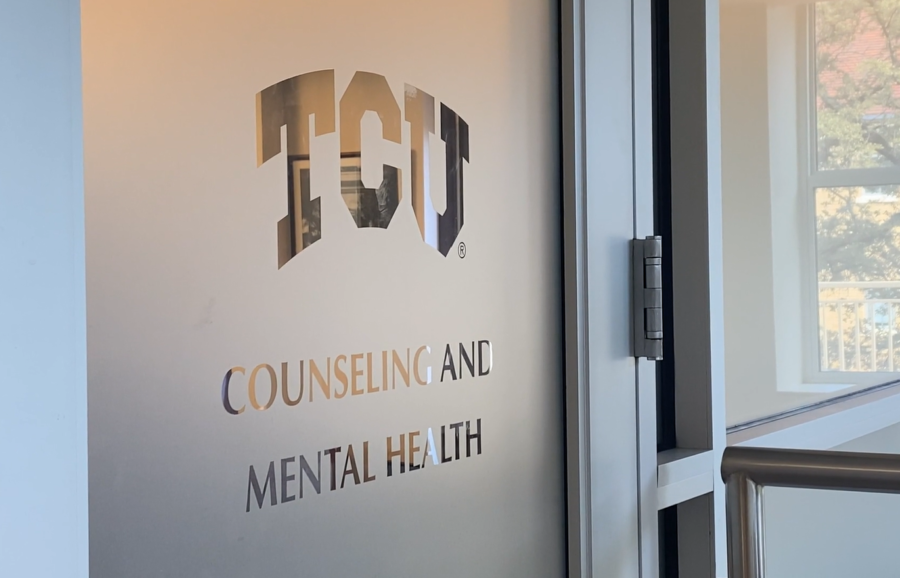At just four years old, Yannick Tona watched as hundreds of frightened people ran down the street outside his grandmother’s house in Butare, a town in southern Rwanda.
It was April 1994, the beginning of the Rwandan genocide that took the lives of approximately one million people in just 100 days.
Tona and his story of survival drew dozens of university students and members of the Fort Worth community Tuesday evening.
He spoke about how he and his mother narrowly escaped death multiple times, witnessed neighbors killing neighbors and, in some cases, parents killing their own children.
Only four of Tona’s many family members survived the Rwandan genocide, including his 3-year-old sister, who survived by living in a well for two months. He said his grandmother and one-year-old brother were found and murdered by the family's next-door neighbors.
Tona said the Rwandan genocide was primarily caused by media propaganda and the mostly Hutu-led government that inflamed the brewing ethnic tensions between Hutus and Tutsis.
Fernanda Arana, a senior political science major, said she was moved by Tona’s experience and recognized how blessed her life truly is.
“It made me realize that our struggles here are so petty compared to over there,” Arana said. “If people can wake up after an event like that and still have a smile on their faces, show love and have happiness, then why do I have such petty ‘woe is me’ thoughts here in America?”
Cory Garlock, a senior economics and political science double major, said he was glad that Rwanda has been taking strides to bring its people together after such an awful event.
“It’s disturbing that people could [kill] their neighbors or even their own family members,” Garlock said. “However, Yannick made sure that everyone knew that Rwanda has since been changing and reforming as a country.”
Tona, an advocate of peace, said he hopes to inspire others to be kind and look out for one another. At the end of the night, he left his audience with a challenge to spread awareness, take action and be willing to make a sacrifice to help their community.
Tona, who aspires to one day be the president of Rwanda, said he wants to make sure an event like the Rwandan genocide never happens again, either in his country or anywhere else in the world.
For now, he shares his message and tries to make a difference.






